A tale about family, honor, knowing right from wrong, and protecting something worth fighting for—freedom, the Ghost of Tsushima endings have a different meaning depending on your own moral compass and convictions.
Here are all Ghost of Tsushima endings, how to unlock them, and what they mean.
How to unlock all Ghost of Tsushima endings

Ghost of Tsushima has two endings. While there isn’t a morality system in Ghost of Tsushima, your actions leading up to this point somewhat affect your final decision on whether you kill or spare Jin’s uncle and leader of the Shimura Clan—Lord Shimura.
Being Jin’s mentor throughout the story and the one who taught him the samurai way of honor, the final fight between the two lead characters was inevitable with Jin’s dishonorable switch to the way of the Ghost.
Neither ending is particularly good or bad when compared to the other. Instead, it’s based on your own interpretation to determine the ending you get. While the canon ending is unconfirmed, killing Shimura for honor is what was presumably meant to happen.
Ghost of Tsushima endings: Differences and their meanings
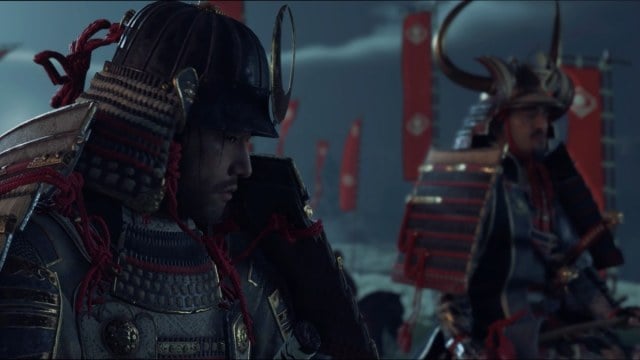
The endings change based on whether you kill Shimura or spare his life. Due to the samurai’s honor (something that is clearly missing from the Mongols throughout the story), Shimura asks that Jin seal his fate and kill him as Khotun Khan should have done at the start of Ghost of Tsushima. Unlike Jin, Khotun brutally kills his opponents, but their tactics aren’t much different from one another when comparing Shimura to Jin and Khotun.
It is difficult to debate whether killing Shimura is right or wrong. While it seems like the obvious choice is to spare Shimura based on our own moral compass, the truth is that Shimura wishes to have a samurai death. In the same breath, samurai would also perform harakiri or seppuku if they thought they brought shame to their family (the act of self-disemboweling or stabbing themselves in the abdomen, so to each their own). Whatever decision Jin made at that moment (killing or sparing Shimura) would change his life forever.
Shimura wanted Jin to finish the battle. Sparing him would disgrace the family name and seal Jin’s fate as a Ghost, stripping his samurai title.
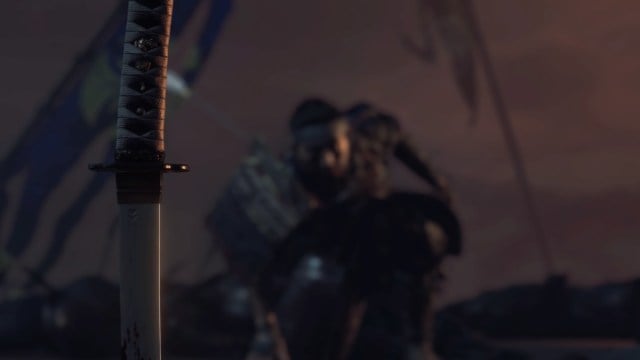
Lord Shimura is the embodiment of honor and courage. He was willing to give their life for Japan alongside the 78 samurai who tried to stop the Mongol invasion. With the last samurai being Jin (Lord Shimura is presumed dead), the samurai code should live on with him. But the way of the Ghost completely changed Jin’s view on life and death, twisting his fighting style into something antagonist. Khotun Khan would use against his opponents (stealth killing, kunai throwing, and smoke bombs).
The story of Ghost of Tsushima shows the somewhat devastating outcomes of having honor. Lord Shimura led his soldiers into battle, only for Jin to be the last one standing, with Shimura taken prisoner. On the other hand, honor demonstrates the respect samurais have for their opponents, knowing that once they go into battle, only one will come out alive. This respectable code cannot be twisted to match the Ghost’s combat tactics. But could the way of the Ghost be deemed just as merciful as the samurai’s code?
Ghost of Tsushima follows two opposing world views, and it’s up to you to decide which you agree with—honor or mercy.


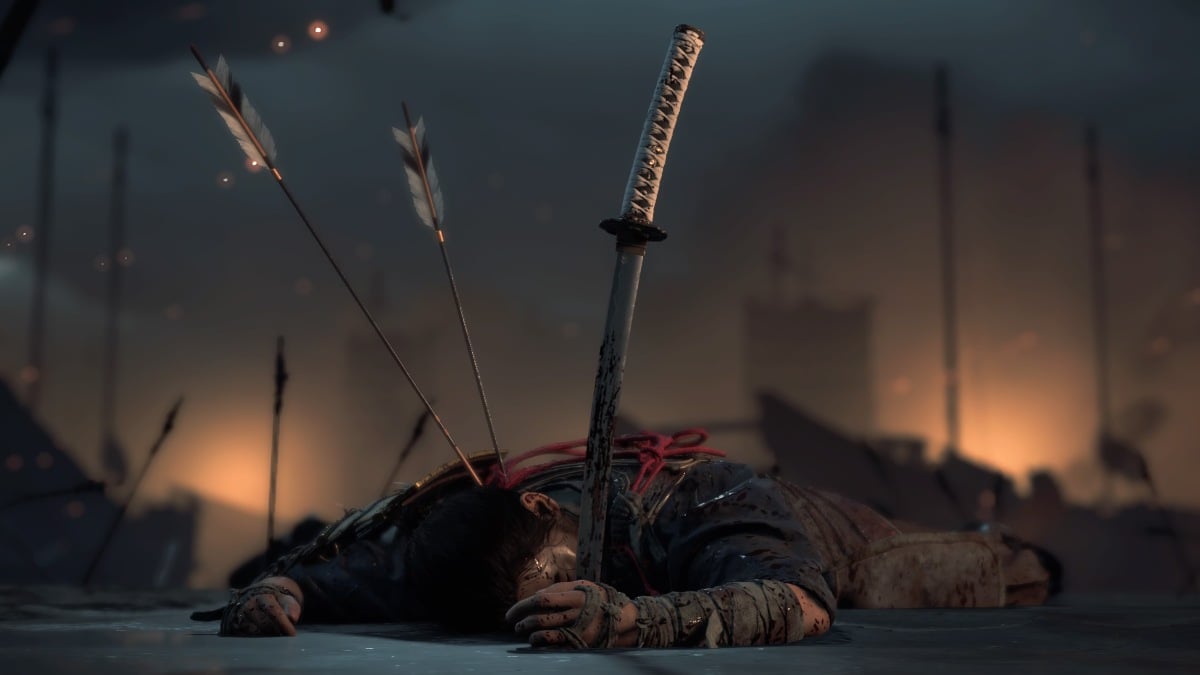
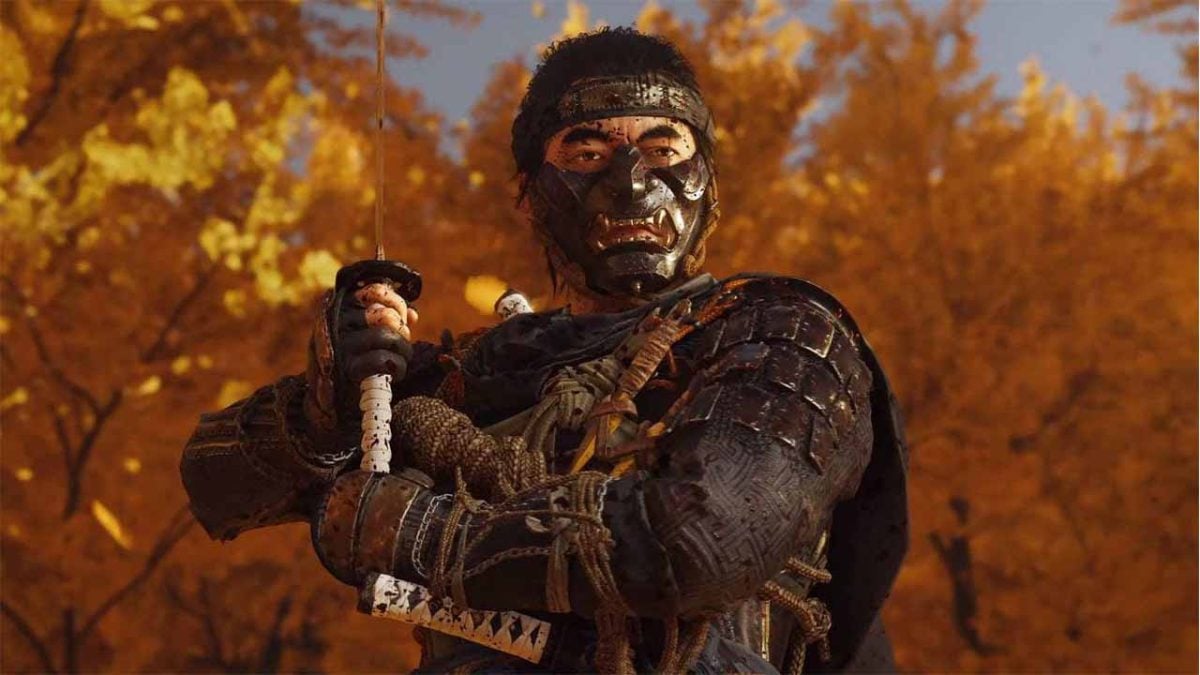
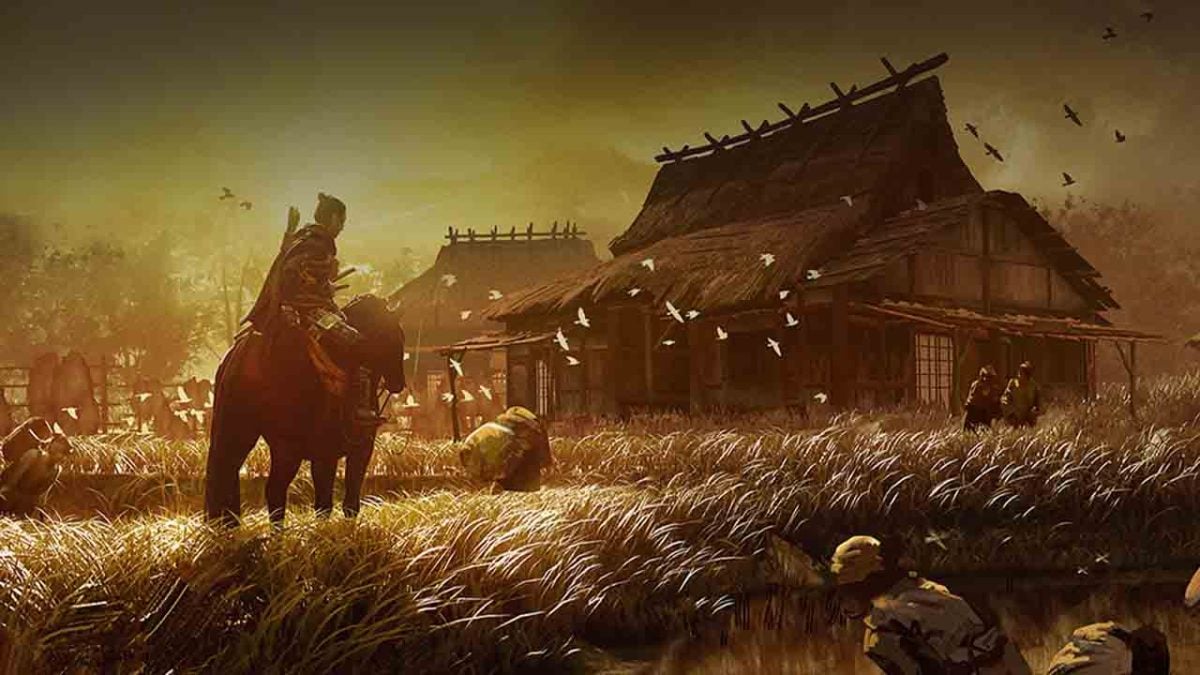
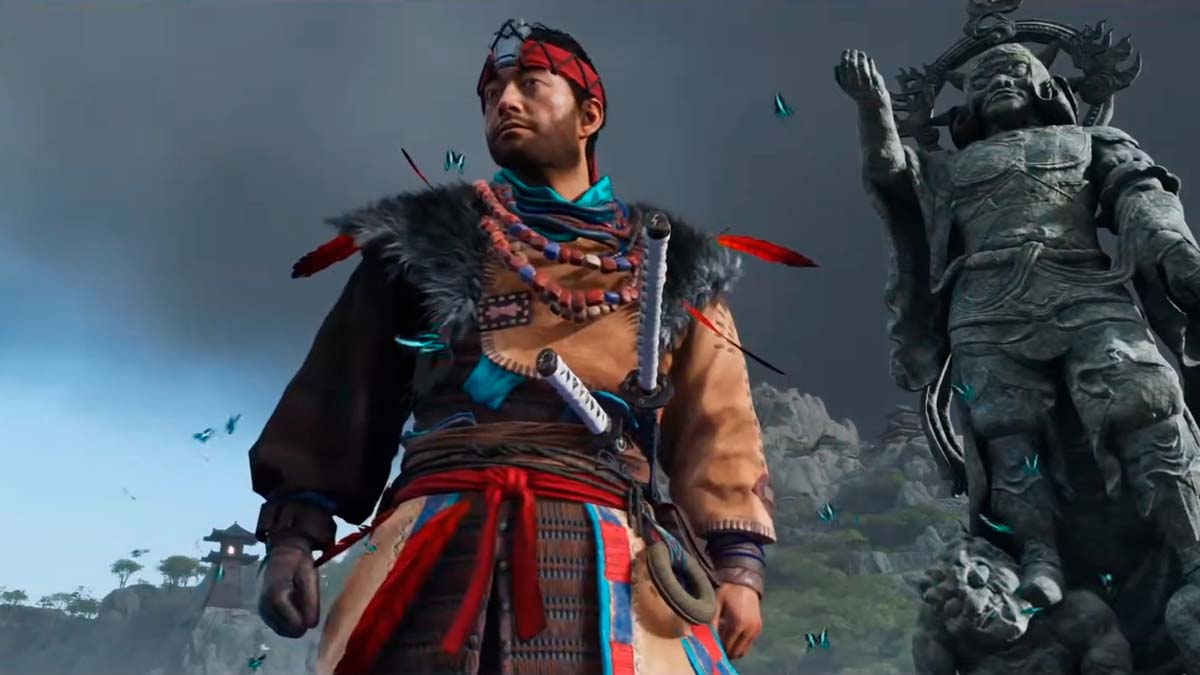
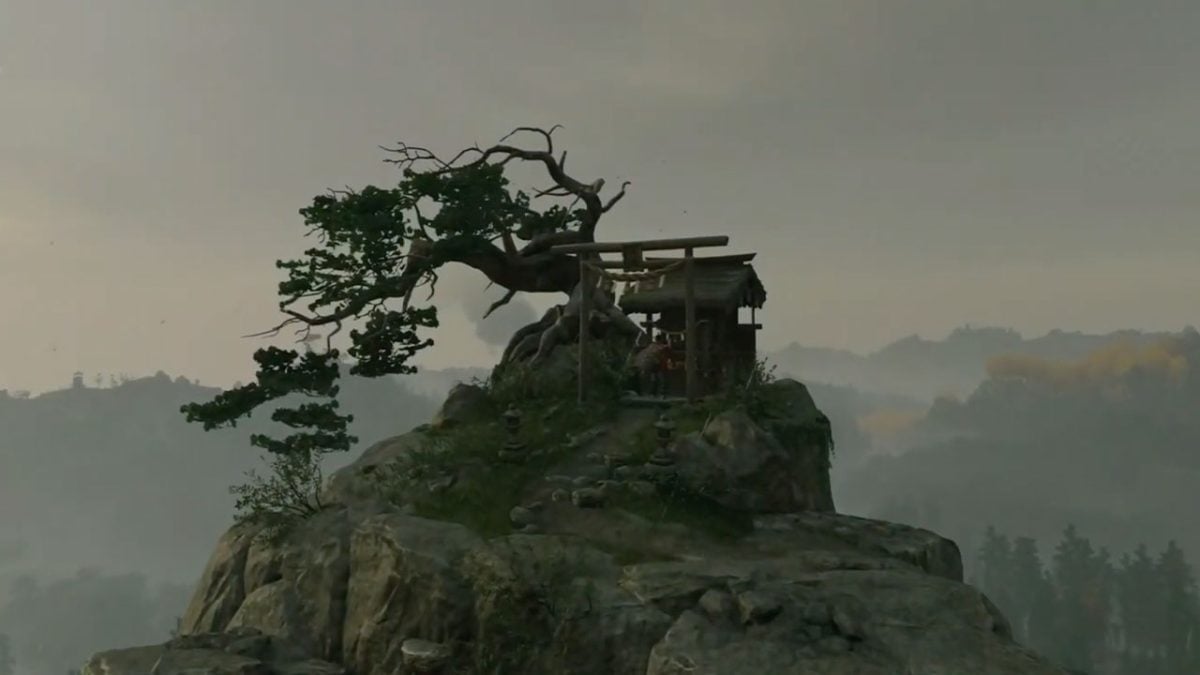
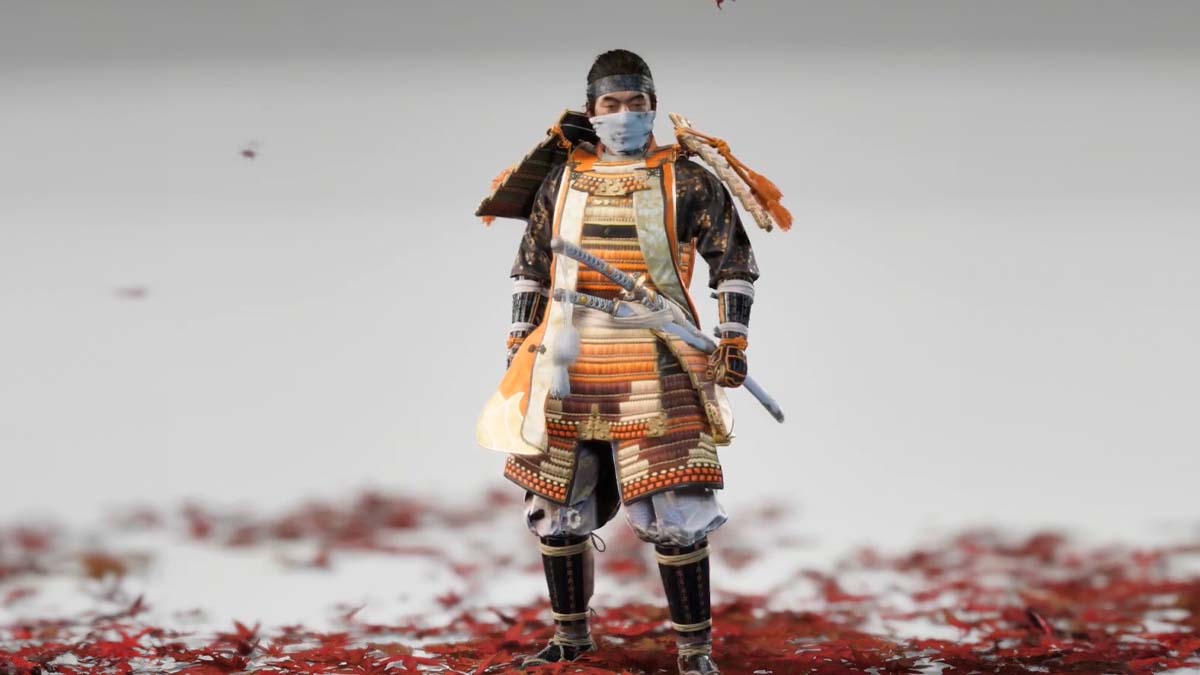
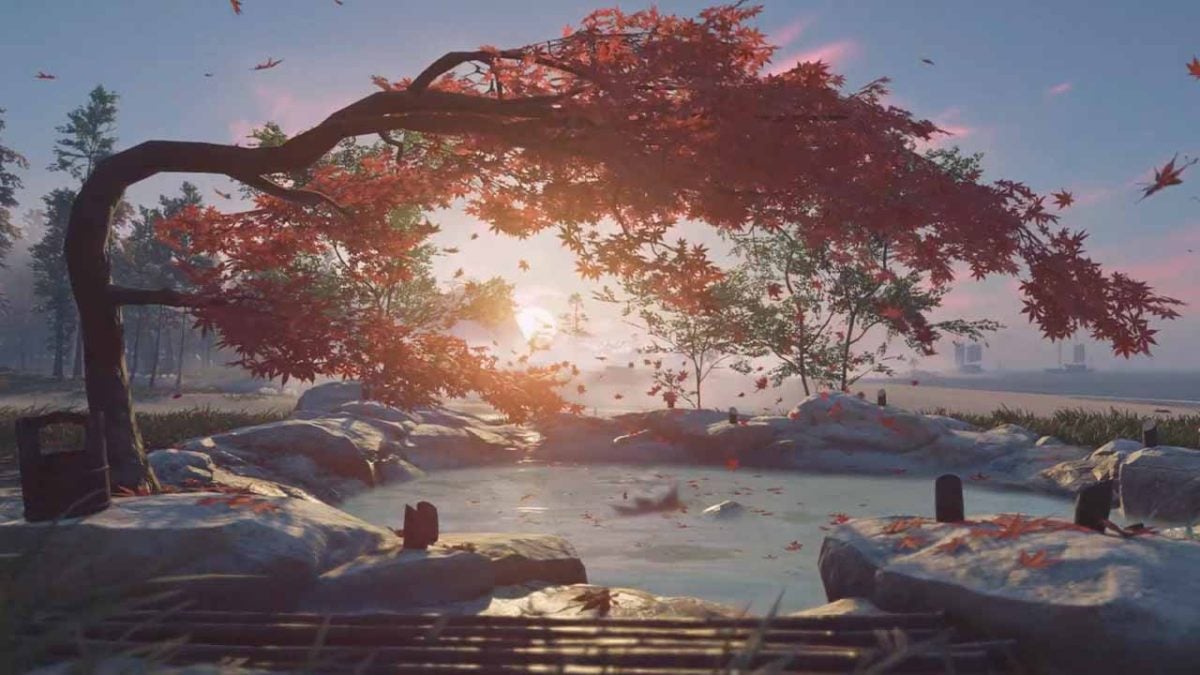
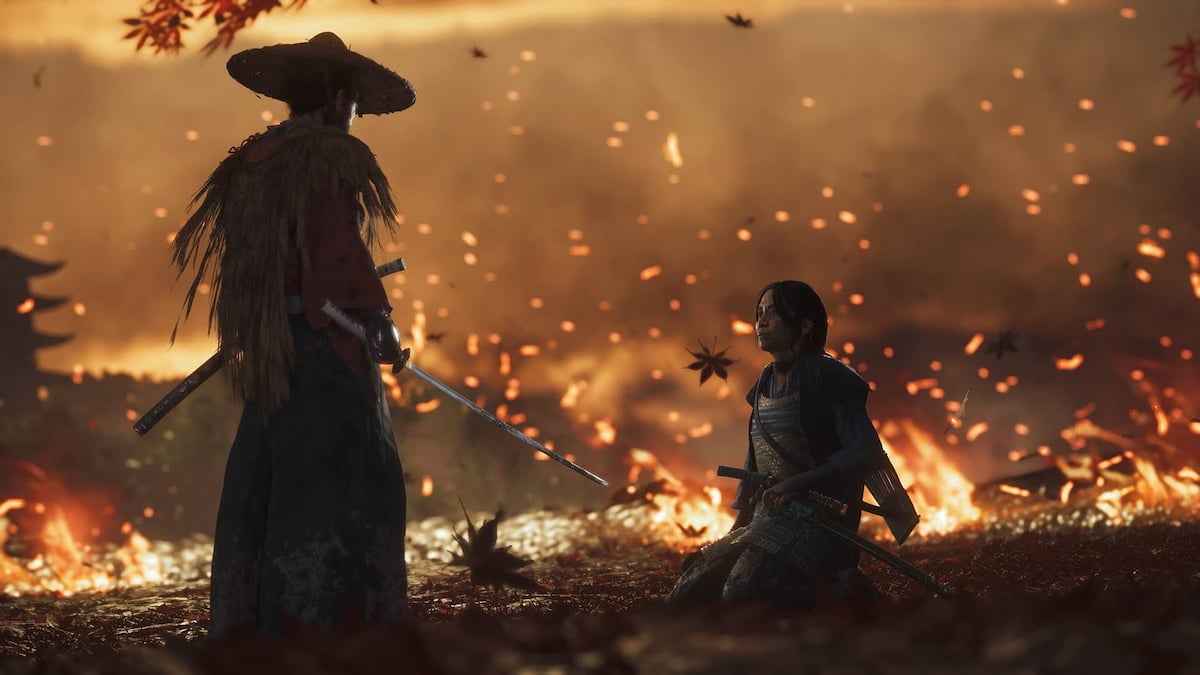
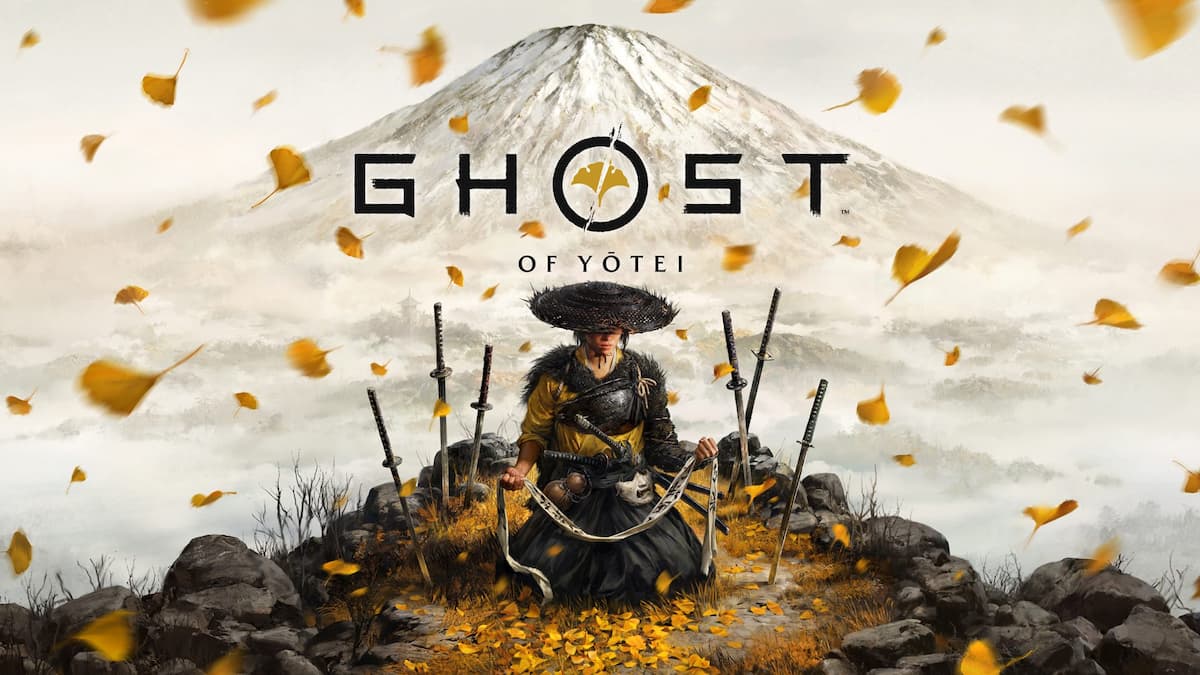

Published: May 21, 2024 07:47 am